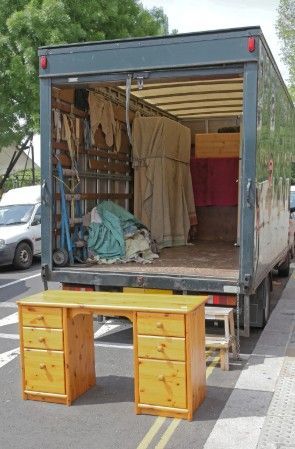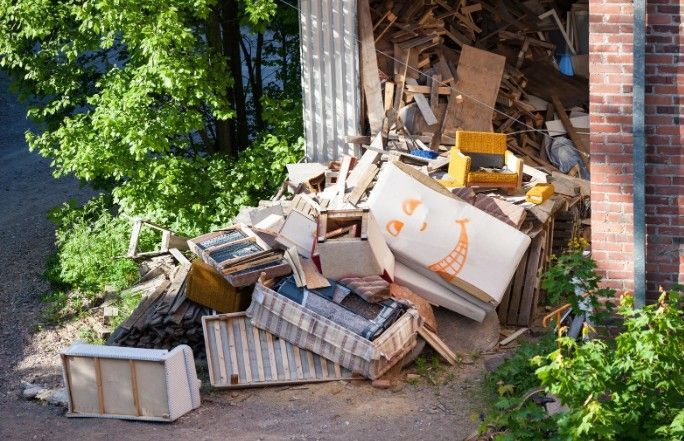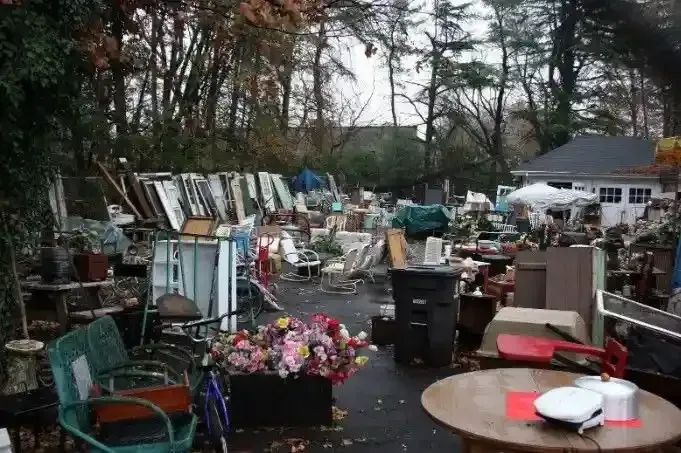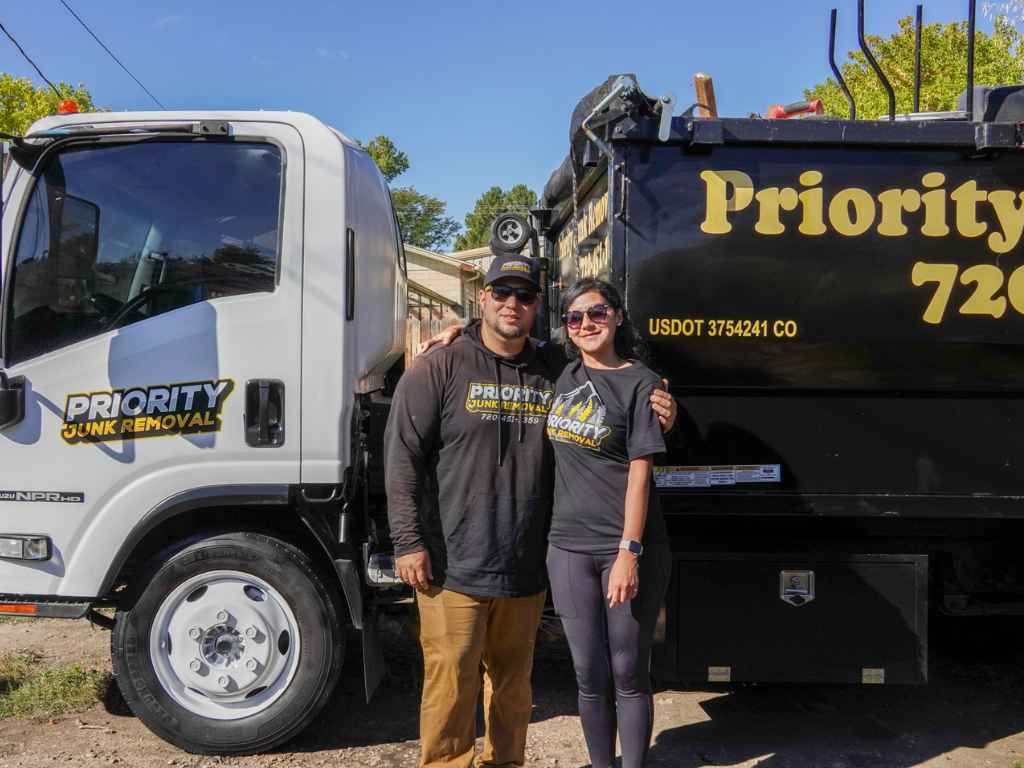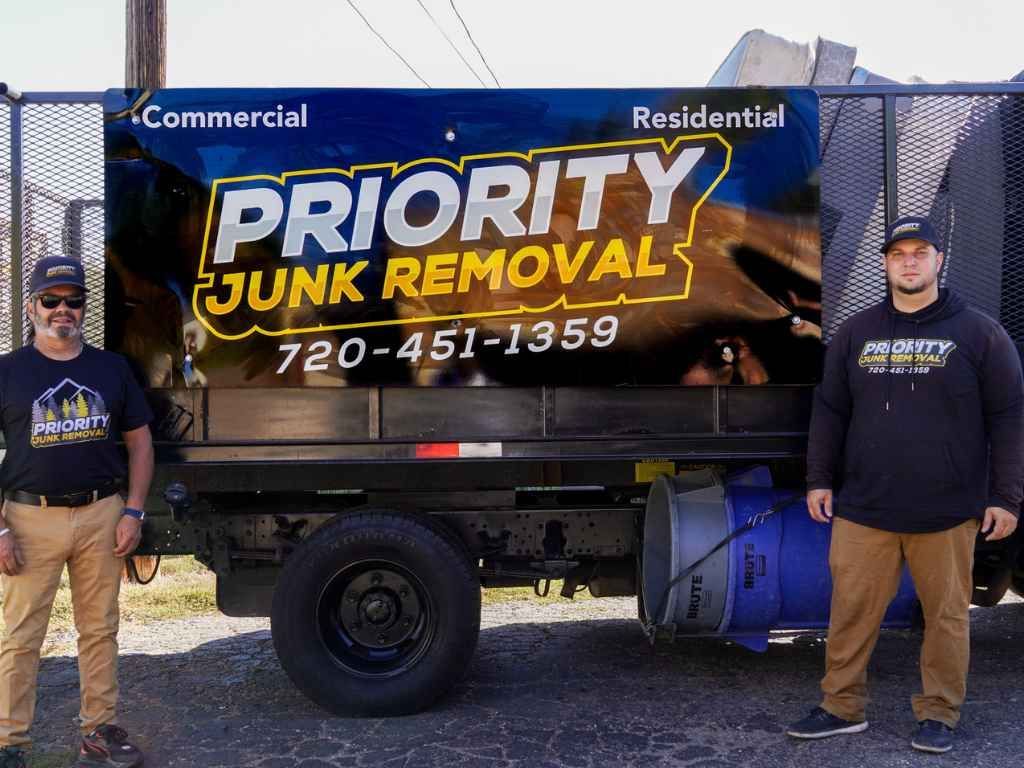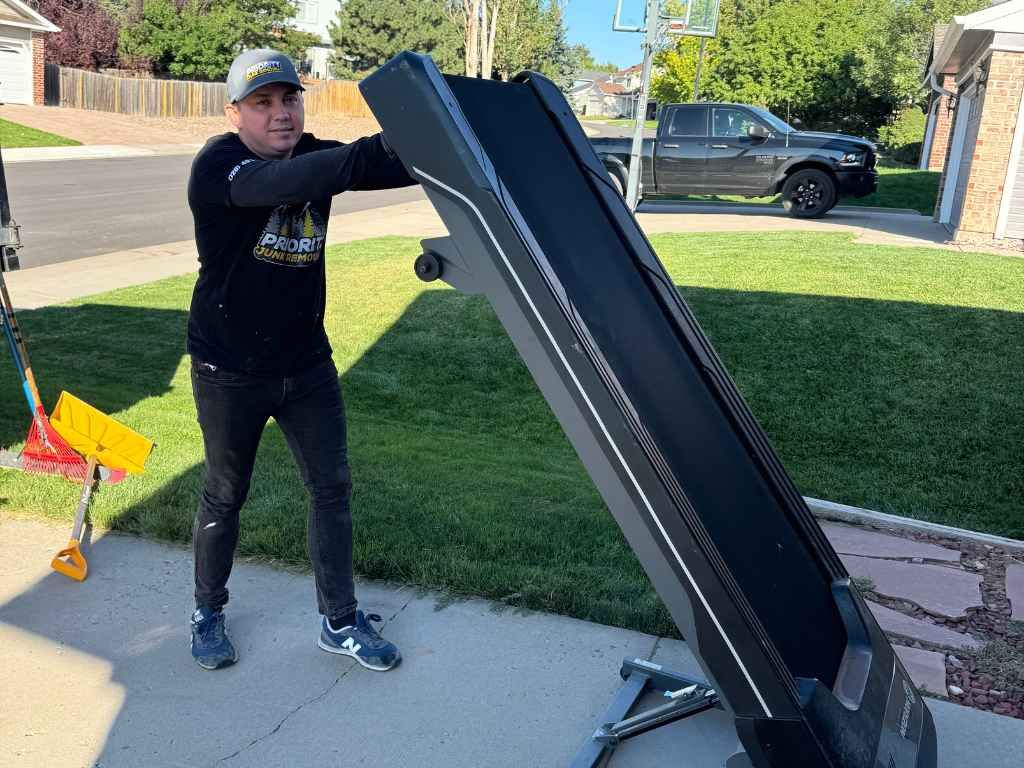How to Safely Dispose of Hazardous Household Materials
When the average home conceals more danger than one might assume, it’s often not the sharp objects or slippery floors you need to worry about—it’s the chemicals hidden beneath the sink, the expired paint in the garage, or that crusty old battery slowly corroding in a drawer. Safely disposing of hazardous household materials is not only about staying compliant with regulations but also about preserving the air you breathe, the water you drink, and the soil your food grows in.
It’s easy to overlook a can of pesticide or a half-used motor oil bottle. But these remnants carry a weight far heavier than their container suggests. Tossing them in the trash may feel convenient, but it’s equivalent to throwing a toxin into your own backyard. Whether flammable, corrosive, reactive, or toxic—hazardous materials require deliberate handling. Knowing what to look out for, how to pack it safely, and who to call is part of the larger ecosystem of responsible living.
Identifying the Hidden Hazards in Everyday Products
You might not think twice about the spray bottle under your sink or the polish remover in your bathroom drawer, but danger doesn’t always come wrapped in caution tape. Air fresheners, nail polish remover, oven cleaners, and even simple detergents can contain volatile organic compounds (VOCs), flammable agents, or toxic chemicals. These substances don’t wear obvious warning labels, and sometimes even the packaging looks downright friendly—bright colors, floral designs, calming words like “fresh” or “gentle.”
But dig into the fine print and you’ll find the real story. Symbols like a skull, flame, or exclamation point signal that it’s more than just soap. Understanding what you’re storing at home is the first step toward safer living. A few minutes of research or a quick label check could save you from accidental exposure, health issues, or fire hazards down the line. Awareness truly is prevention.
Understanding Why Improper Disposal Harms More Than Just the Earth
Throwing a half-full bug spray can into the trash might seem harmless—after all, it’s just one item, right? But multiply that by thousands of households and you've got a toxic ripple effect. Once in a landfill, pressurized cans can leak or explode, releasing harmful gases. Chemicals from cleaners or paint thinner seep into the soil and infiltrate groundwater, eventually ending up in our rivers, lakes, and even drinking water.
Incineration doesn’t help much either; burning hazardous materials releases invisible toxins that travel through the air and into our lungs. Improper disposal also puts sanitation workers at serious risk—imagine lifting a bag and unknowingly being exposed to corrosive substances or flammable liquids. It’s not just environmental damage we’re talking about here. It’s human harm, regulatory violations, and fire hazards. One small misstep can snowball into big consequences—physically, legally, and socially.
How to Sort and Store Hazardous Materials Before Disposal
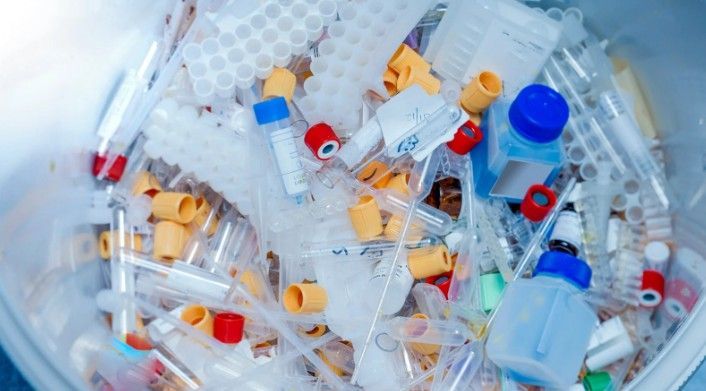
Organization is more than just tidiness—it’s your first layer of defense against a homegrown hazard. Start by identifying all the potentially dangerous products you have on hand, from bleach and paint thinner to old batteries and used motor oil. Sort them into categories: cleaners, paints, electronics, automotive fluids, and so on. Store them in their original containers whenever possible—labels matter. Keep everything upright, securely closed, and away from direct heat or moisture.
Don’t stack them or mix substances unless you enjoy playing chemical roulette. Ventilated storage areas like garages or sheds are ideal, but make sure they're out of reach for pets and kids. And if a container starts leaking, don’t just wipe it and walk away—label the area, neutralize the spill, and seek expert advice. Your aim isn't just to store stuff, it's to control risk until proper disposal is available.
Choosing a Junk Removal Service with Hazardous Waste Expertise
Not all junk removal services are built the same. Some are great for hauling away broken furniture and cardboard boxes. Others specialize in hazardous materials—and that’s who you want when you're dealing with chemicals, batteries, electronics, or mystery substances from your garage. Look for services with specific certifications in hazardous waste handling, plus partnerships with licensed disposal facilities. These companies don’t just remove items—they follow strict protocols to ensure safety for your home, their crew, and the environment.
Ask questions: How do they handle spills? Do they sort before disposal? Are they insured and bonded? A trustworthy service will have no problem walking you through their process. If they hesitate or give vague answers, move on. Choosing the right pros means you’re not just getting junk out of your life—you’re also protecting your health, your legal standing, and the planet.
Legal Guidelines Around Hazardous Waste Disposal in Littleton
Littleton, like many cities, has its own specific rules for hazardous waste disposal—and knowing them isn’t optional. Local ordinances govern what can be thrown away, what requires special drop-off, and how much of a substance can be stored or transported at a time. For example, your half-used paint can might be accepted at a city-run collection event, but that old can of liquid pesticide? That needs its own protocol. Dried-out paint could be tossed with regular trash, but only if it’s truly dry and labeled as such.
Lithium-ion batteries need different handling than AA batteries. It’s a patchwork of rules, and if you don’t check before disposing, you could face steep fines or worse—unintentional environmental damage. Littleton offers online resources, scheduled collection events, and even hotlines to guide you. Take advantage of them. They’re not just legal lifelines—they’re tools for responsible living.
The Environmental Ripple Effects of Responsible Disposal
Every time you responsibly dispose of hazardous waste, you’re doing more than just cleaning the house—you’re protecting ecosystems and contributing to long-term sustainability. That little action, repeated across households, reduces the risk of chemical leaks, air pollution, and contaminated groundwater. Think about what happens when batteries are recycled properly—heavy metals are extracted and reused rather than leaching into soil. Or when electronics are processed instead of dumped, preventing mercury and lead from entering waterways.
These aren't invisible benefits; they're just long-term ones. Every step you take reduces harm to wildlife, supports biodiversity, and ensures cleaner air and water for generations to come. On a global scale, proper waste diversion reduces pressure on raw resource extraction and minimizes carbon output from manufacturing. Your choices may feel small at the moment, but they create lasting ripple effects—cleaner communities, safer water, healthier people, and a stronger planet.
The Role of Community in Household Hazard Management
Hazardous waste isn’t just a personal issue—it’s a community one. When everyone does their part, the impact multiplies. Community clean-up events, local educational workshops, and shared collection drives all help keep neighborhoods safe and informed. Instead of going it alone, imagine pooling resources with neighbors to schedule a hazardous waste drop-off day or setting up a shared storage space for old electronics until the next collection event. Local governments and nonprofits often provide the tools—you just have to plug in.
When disposal becomes a communal effort, it's easier, safer, and more effective. The bonus? It builds awareness and accountability. A well-informed neighborhood means fewer accidents, fewer fines, and way less risk to children, pets, and sanitation workers. You’re not just removing toxic waste; you’re reinforcing the foundation of a cleaner, more connected community that takes its shared environment seriously.
Safe Disposal Options That Don’t Involve the Trash Can
The trash can isn’t your catch-all for hazardous materials—not if you value clean air, safe drinking water, and your own peace of mind. Thankfully, smarter alternatives exist. Household hazardous waste facilities in and around Littleton accept a wide range of items, from old paint and pesticides to electronics and car batteries. Some manufacturers offer take-back programs for things like printer cartridges, electronics, or even fluorescent bulbs. Retailers sometimes host battery drop-offs or expired medication return bins.
And if hauling it yourself isn’t an option, specialized junk removal services can do it for you—safely, legally, and efficiently. Mail-back programs are another clever solution, especially for items like sharps or compact electronics. Sure, it takes a little planning, but you’ll avoid hefty fines and keep harmful materials out of landfills. Plus, the added satisfaction? Knowing your trash didn’t just disappear—it was handled right.
Preparing for Hazardous Waste Collection Day
Marking your calendar for hazardous waste collection day? Good call. Now let’s make sure you’re fully prepared to handle it right. Start by checking your city’s accepted items list—you don’t want to show up with things they can’t take. Keep everything in original containers if possible, sealed tight and clearly labeled. Don’t mix items together or transfer them into random bottles—it confuses handlers and increases the risk of reaction.
Transport everything in sturdy bins or boxes that won’t tip or leak. Wear gloves, especially if you’re dealing with old or corroded containers, and keep pets and kids out of the car. Arrive early, follow posted signs, and respect the instructions of collection staff. This isn’t just a drop-off; it’s a crucial safety handoff. How well you prepare directly affects how safely your items are processed—and that’s a win for everyone involved.
Conclusion
Safely managing hazardous household materials isn’t just a good idea—it’s a responsibility we all share. Every battery, bottle of cleaner, or leftover paint can pose a real risk if handled carelessly. By taking the time to dispose of these items properly, you’re not just protecting your own home—you’re helping preserve the air, water, and soil that the entire Littleton community relies on. It's about more than just following rules; it’s about doing what’s right for the environment, your neighbors, and future generations.
If you're feeling unsure or overwhelmed by what counts as hazardous or how to get rid of it safely, you don’t have to figure it out alone. Call Priority Junk Removal at 720-451-1359 or email us at priorityjunkremoval@gmail.com. We make safe disposal simple, reliable, and stress-free—because peace of mind starts with smart choices.

